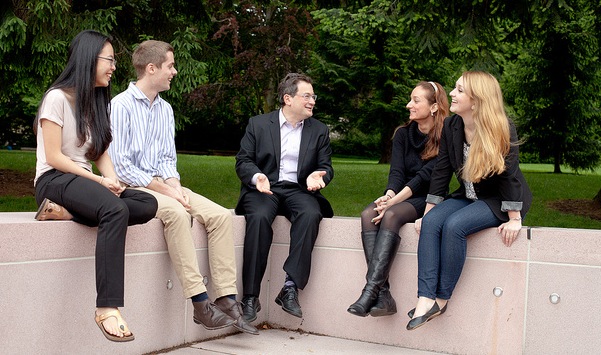
Prof. Noam Pianko chats with members of the new Jewish Studies Student Committee.
Reinventing Jewish Studies: The Future of the Field
Since its founding in 1973, the Stroum Jewish Studies Program has shaped the cutting edge of this field with its innovative Stroum lectures, Cole post-doctoral fellowship, and influential scholarship. As we look forward to the next forty years, however, the fundamental assumptions of higher education are rapidly changing. Economic, political, and social factors are radically transforming all aspects of higher education. It is clear that there will be major restructuring on the models of budget allocation, faculty, curriculum, and student demographics. Shifting resources have led to a variety of changes that challenge longtime assumptions.
What does the new academic landscape mean for Jewish Studies at the University of Washington over the next forty years?
On the one hand, small programs like Jewish Studies face real challenges. The shift in budget allocation to reflect student enrollment disproportionately impacts programs that offer smaller classes with low faculty-to-student rations. Compounding this trend is the increased pressure students feel to only explore courses and interests that they perceive as directly contributing to their chances of employment after graduation. Jewish Studies programs that attempt to continue offering highly specialized courses for smaller numbers of students will have a difficult time sustaining themselves as new models of higher education transform the priorities of university leadership.
Engagement, Partnership, Innovation
On the other hand, Jewish Studies programs are ideally positioned as models for the rapidly changing landscape of higher education. First, as state universities shift away from state funds, there is an increased recognition of the importance of engaging local communities and demonstrating the relevance of scholarship. Since their origins, Jewish Studies programs have focused on public programming, community partnerships, and community-engaged research. Second, efforts to streamline resources have generated renewed interest in creating interdisciplinary programs that integrate faculty from across the university. The move toward departmental partnerships and bridging intellectual boundaries has long been a hallmark of Jewish Studies programs, which seek faculty from around the university with common interests. Third, Jewish Studies programs are well poised to innovate. Universities can be both culturally and institutionally slow to adapt to change. Jewish Studies programs tend to be more nimble and adaptable, an important attribute in times of rapidly changing technological and economic realities.
Guided by these principles—engagement, partnership, and innovation—the Stroum Jewish Studies Program has the potential to be part of shaping the future of Jewish Studies specifically and higher education more broadly. We are already well on the way. This past year, we created two new public programs that highlight our program’s dedication to community engagement. The New Voices in World Jewish Music series brought three young Jewish musicians to Seattle. The three sold-out evening events and campus workshops showcased the creation of new Jewish culture based on traditional sources. A second program we initiated this year was JewDub Talks, an evening of four short faculty lectures on big Jewish ideas on the model of TED talks. The YouTube videos we produced from this event, focusing on questions like “Why Yiddish?” and “Why Break a Glass at a Wedding?,” have already been watched by over 10,000 people! (Click here to check them out on our YouTube channel!)
We have continued our program’s strength of always looking to build connections across the university and the community. This year we welcomed a new faculty member to the program, Ana Gomez-Bravo, a Professor in Spanish and Portuguese studies who writes about the converso experience through research on the culture of food in Medieval Spain. We created a Jewish Studies Student Committee to provide our students the chance to build bridges across various backgrounds and areas of interest. In the community, our program is building a new partnership with the Washington State Jewish Historical Society to create an online portal showcasing the stories of local Jewish residents of the state.
Our program’s commitment to innovation in digital Jewish Studies continues to make our program a campus and national leader in the use of technology in higher education. Our web site (jewishstudies.washington.edu/newsite) has reached over 10,000 people this past year with content showcasing our faculty, students, and community members. Along with my Jackson School colleague, Prof. Sara Curran, I was fortunate to receive a Mellon grant to help the Jackson School consider how to create an interactive portal that brings the school’s resources into the public realm in an accessible fashion.
As the University of Washington shifts to meet the changing realities of higher education, the Stroum Jewish Studies Program will continue to position itself as a cutting-edge contributor to the university community. The next several pages of our Fall 2013 newsletter showcase examples of our students and faculty doing creative, engaging, high-caliber work in Jewish Studies. They are the present and future of our program. I’m so proud of them, and so excited to see what the next forty years will bring.
Noam F. Pianko
Lucia S. and Herbert L. Pruzan Professor of Jewish Studies
Samuel N. Stroum Chair of Jewish Studies
Chair, Stroum Jewish Studies Program
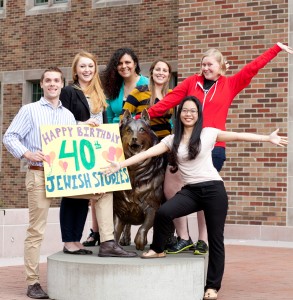 Editor’s Note: This article originally appeared in the Stroum Jewish Studies Program’s Fall 2013 Newsletter, which kicks off our 40th anniversary year of celebration. Click here read the newsletter online. Feature articles include a profile of our new student committee, an amazing Ladino discovery, the renaissance of Hebrew and Israel Studies at UW, an archival collage, Save the Dates, and more.
Editor’s Note: This article originally appeared in the Stroum Jewish Studies Program’s Fall 2013 Newsletter, which kicks off our 40th anniversary year of celebration. Click here read the newsletter online. Feature articles include a profile of our new student committee, an amazing Ladino discovery, the renaissance of Hebrew and Israel Studies at UW, an archival collage, Save the Dates, and more.

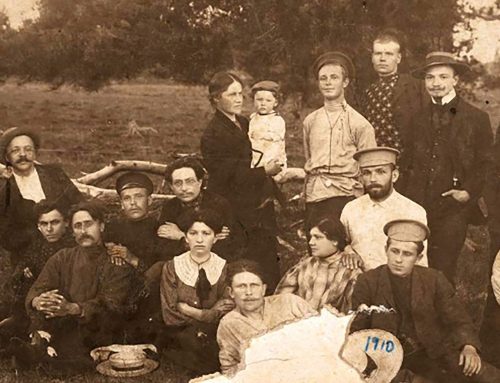

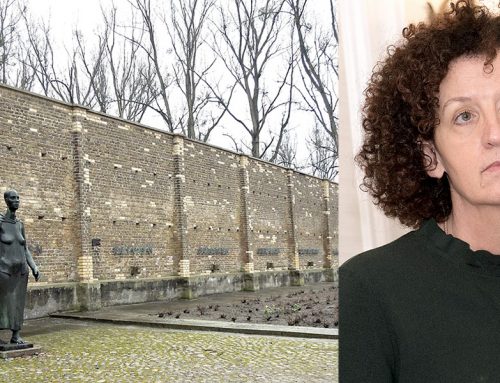
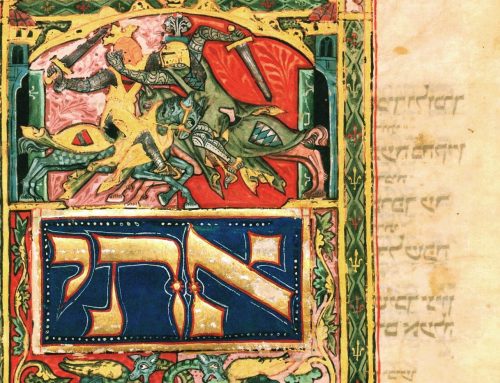
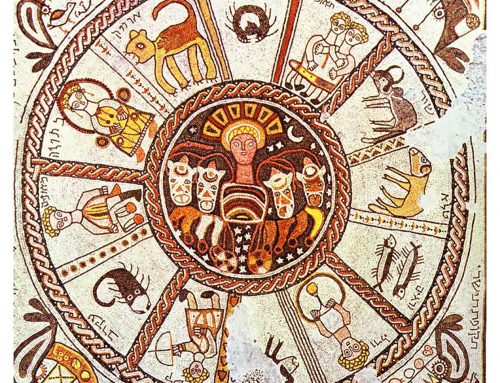

Leave A Comment